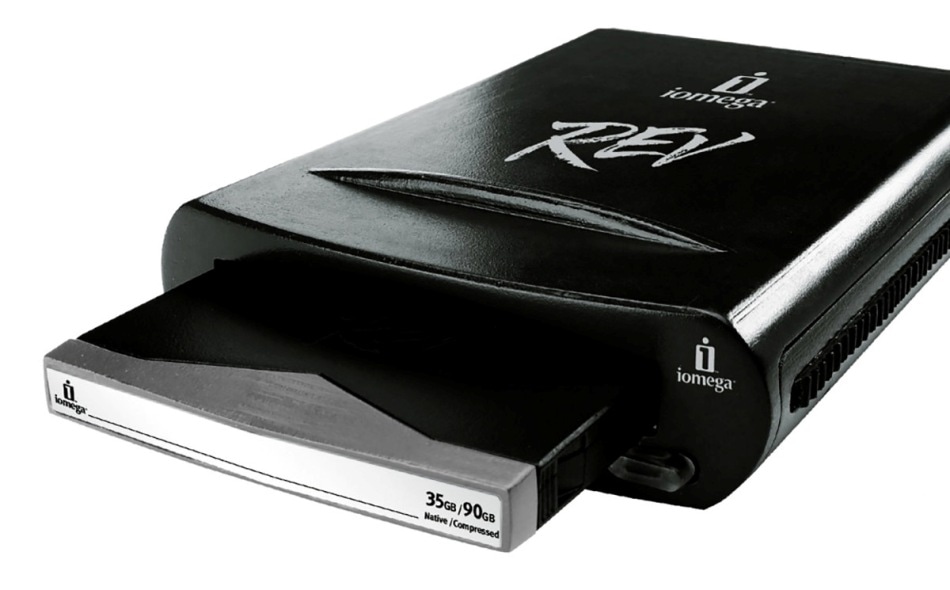RTP Company, a global custom engineered thermoplastics compounder, has expanded its line of conductive compounds to include new CCX Conductive Masterbatches, setting a new standard for safe, productive, and reliable solutions for environments that are prone to electrostatic discharge (ESD).
 External Computer Storage Disk
External Computer Storage Disk
CCX Conductive Masterbatches from RTP Company are available in a variety of resin systems, and can be formulated with four distinct additive technologies: stainless steel fiber, carbon nanotubes, carbon black, and PermaStat® dissipative polymer technology. As shown in the comparative chart in Figure 1, each additive technology provides different benefits, depending on the needs and requirements of the application.
Stainless steel fiber CCX Masterbatches are created using RTP Company’s long fiber manufacturing process and allow for the highest level of conductivity, providing EMI shielding for sensitive electronics, colored parts and components, or even FDA compliant applications. They are available in most resin systems and have similar shrinkage and mechanical performance to the unfilled base resin, making them well-suited to injection molding and compatible with existing molds and tooling.
Carbon nanotube CCX Masterbatches can be used in high purity applications and also have virtually no effect on shrinkage or mechanical properties vs. the unfilled base resin. Carbon nanotubes, or CNTs, are hollow structures consisting of graphene cylinders of carbon atoms capped at both ends; when incorporated into a thermoplastic, they provide highly uniform ESD protection and/or electrical conductivity at a very low loading level.
Carbon black CCX Masterbatches have similar isotropic shrinkage, strength, and stiffness to the unfilled base resin, but are an economical way to introduce versatile, high performance conductivity for a plastic part.
Finally, PermaStat® CCX Masterbatches are uniquely formulated for applications that require permanent antistatic or static dissipative performance. These masterbatches can be used in most resins with processing temperatures below 520°F (270°C). They provide uniform dissipative performance, full colorability, and even transparency in some resins, while retaining or even enhancing the impact performance of the base resin. Additionally, they are well suited to intrinsic safety applications and can meet the surface resistance requirements of the ATEX directive. They are compatible with injection molding or extrusion equipment and require very minimal processing adjustments when incorporated into existing processes.
To learn more about RTP Company’s new CCX Conductive Masterbatches, visit https://www.rtpcompany.com/products/conductive.